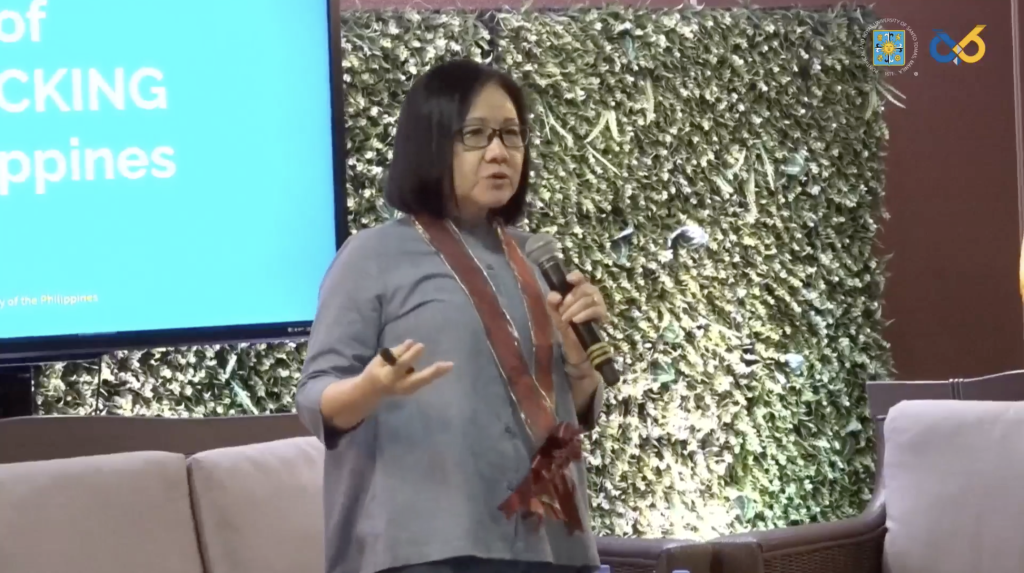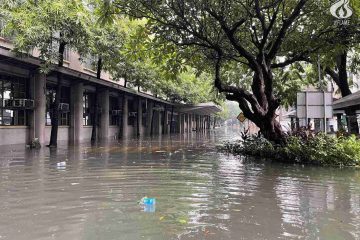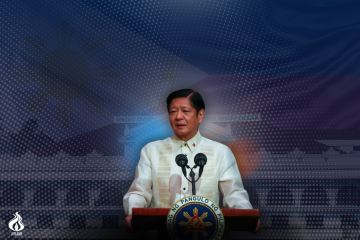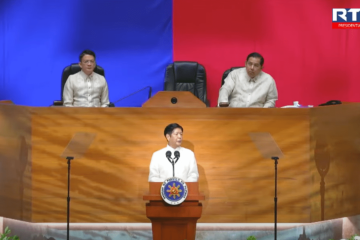
FACT-CHECKING must not be done solely by some groups and should become a “lifestyle” among Filipinos, a veteran journalist and educator said.
Yvonne Chua, a journalism professor at the University of the Philippines, said the country still falls short of addressing disinformation and that relying on fact-checkers alone to handle the problem is “unfair.”
“We would like fact-checking to become a mindset, a lifestyle among Filipinos,” she said during the Philippine Fact-Checking Summit held last Saturday, June 30, at the Buenaventura Garcia Paredes, O.P. Building.
Chua said fact-checking materials should come in different languages to make them accessible and to strengthen information literacy.
Other resource persons of the summit emphasized the need for academic institutions and news organizations to take advantage of modern tools to produce fact-checks, saying text-based content may no longer be enough to keep the youth interested in combating disinformation.
Audrey Domasian, assistant manager for GMA Integrated News social media team, said fact-checking organizations may use new formats across online platforms to counter fake news peddlers.
“It’s very easy for anybody to just post anything that they want and the media [have] to keep up with the challenge of visibility. And how do we do that? We go where the people are,” she said.
Domasian said publishing content such as infographics, videos and short clips on platforms like TikTok can help keep the conversation on social issues going among the youth.
“There was a time when TikTok first boomed like Snapchat before and everyone thought this is just for fun, [that] it’s nothing serious…but now we’ve seen how TikTok can influence information dissemination,” she said.
“We can see all organizations just churn out all their content, post their content in hopes that the people who are on Tiktok, especially the younger crowd, will see this and that visibility is highlighted.”
VERA Files reporter Nica Hanopol advised organizations not to limit themselves to text-based information but to experiment with videos and podcasts, saying the country’s fact-checking scene is diverse and has evolved.
“We’re also exploring different and creative formats in terms of delivering fact-checks to the public and I think those are all great wins for our community [even] though the fact-checking space is still filled with a lot of challenges,” Hanopol said.
Discussing internet users’ engagements, Probe Productions managing director Jennifer Aquino said viewers are more inclined to consume media content that align with their preferences.
“Fact-checking becomes more pleasant for the youth because we now follow trends for them,” she said.
The Philippine Fact-Checking Summit was organized by Break the Fake Movement and Internews. F – B.Y. Abrencillo, M.M. Lizarte, and J.G. Oliveros



